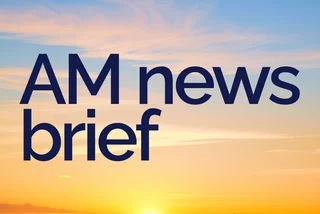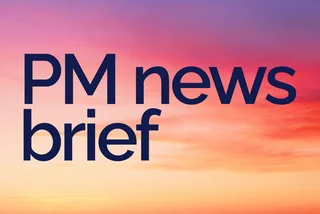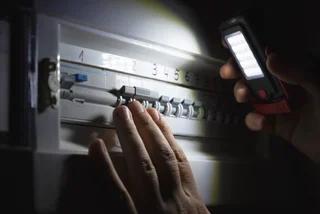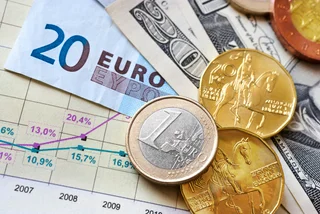This morning, Czechs head to the polls to vote in the country's first general election since 2021, and the world is watching. International media from The New York Times to the BBC are framing the vote not only as a domestic political contest, but as a referendum on whether Ukraine will continue receiving support that has kept Russian forces at bay.
"Secretive Program that Keeps Ukraine’s Weapons Firing is Suddenly in Doubt" read Tuesday's headline in the Times, reflecting how Washington, Kyiv, and Moscow are all watching Prague with unusual intensity for a parliamentary election in a small Central European country.
Czechia's opposition not as keen on Ukraine
The article's focus is on the Czech ammunition initiative, which has supplied 3.5 million artillery shells to Ukraine and has become central to the country’s defense. According to the Times, it remains unclear how Ukraine would cover its ammunition consumption without the mass Czech program, as the country fires roughly 15,000 shells daily.
Controversial populist billionaire Andrej Babiš, whose ANO movement enjoys a strong lead in the latest polls, has said the program is overpriced and non-transparent. As the Times writes, "opposition leaders have vowed either to disband the ammunition program or to ask NATO to run it so they can concentrate on the country’s wobbly economy."
ANO’s potential coalition partner on the far right—the Freedom and Direct Democracy Party—wants to go further, with radical cuts to defense spending and even the expulsion of Ukrainian refugees.
A little over a month ago, current Czech Foreign Minister Jan Lipavský strongly defended the ammunition initiative at a meeting with other Czech ambassadors. He went as far as to say its suspension would be a "gift to Putin."
He argued it costs Czech taxpayers relatively little as it's financed mainly by allied contributions, and that NATO lacks the "necessary apparatus" to take over the program.
PARTNER ARTICLE
The Guardian, which refers to the former prime minister as a “Trumpist,” writes: “Observers suggest he would join the EU’s awkward squad of [Hungarian Prime Minister Viktor] Orbán and Slovakia’s populist Prime Minister Robert Fico in resisting future aid to Kyiv.”
Dragging Czechia eastward?
The BBC’s Czechia correspondent Rob Cameron framed the election as a test of whether the Czech Republic will drift toward illiberal governance and closer ties with Moscow.
"For the past few years, the Czech government's loyalty, to the EU, NATO, and Ukraine’s defense, has been unwavering," Cameron writes ahead of this weekend's vote. The BBC cites security analyst Roman Maca who says that Russia-friendly parties in a Babiš-led government should “set alarm bells ringing across Europe.”
Politico wrote last year that an ANO win would make Czechia more "Russia-friendly." Babiš' stance on Ukraine is particularly concerning, according to Politico, as he has stated that "Ukraine will never become a member of the EU."
According to Czech news site iDnes.cz, Russian media are monitoring the election “closely”, believing that after a victory by the "Czech Trump," the time will come for "more reasonable talks with Prague."
Czechs go to the polls from this morning through to Saturday evening; some results will be clear by Sunday, though it could be a few weeks before a government is formed.












 Reading time: 2 minutes
Reading time: 2 minutes 



























